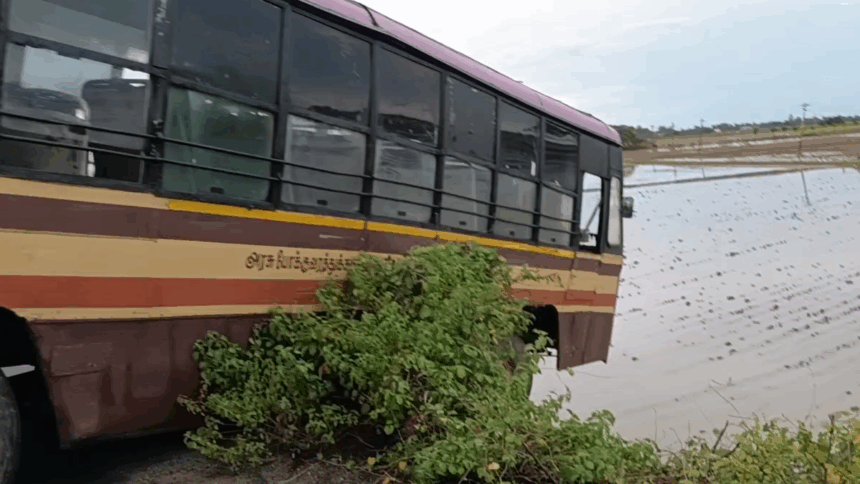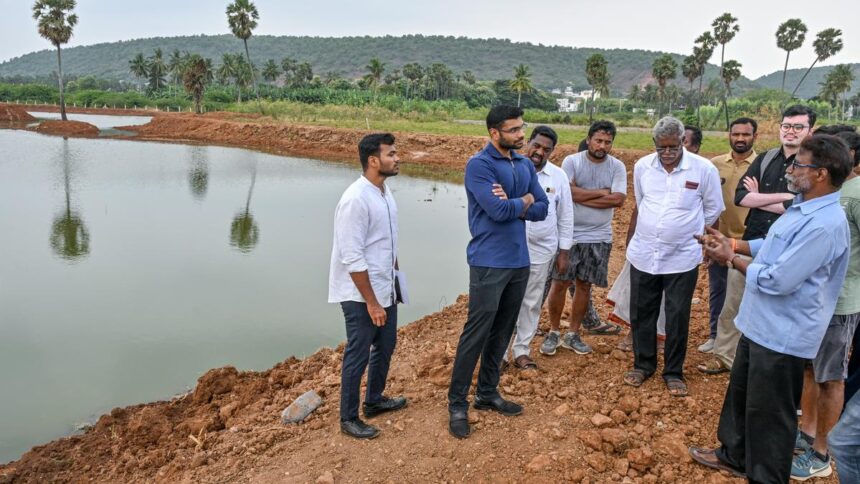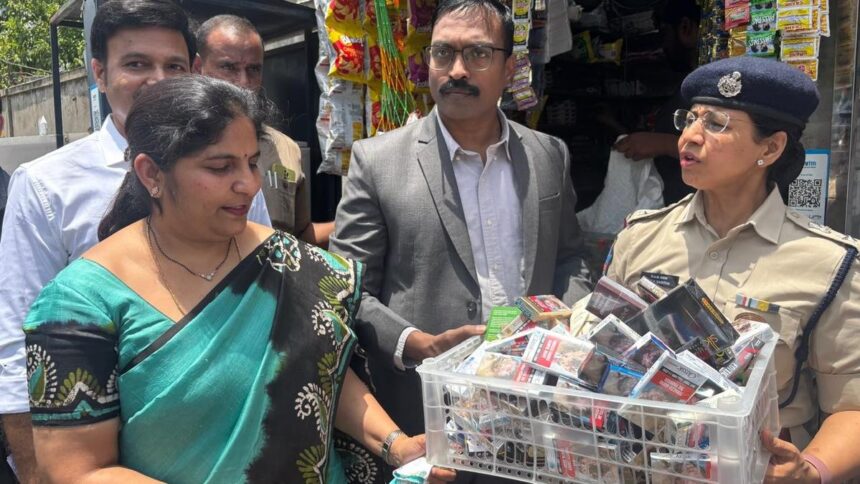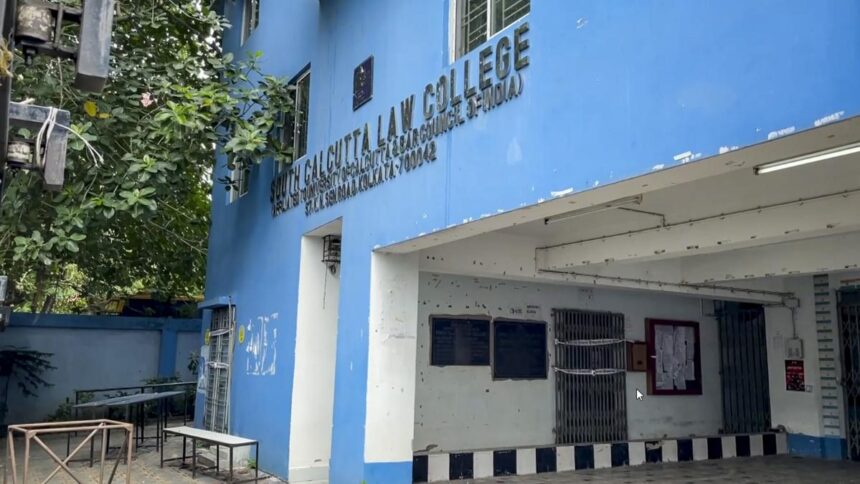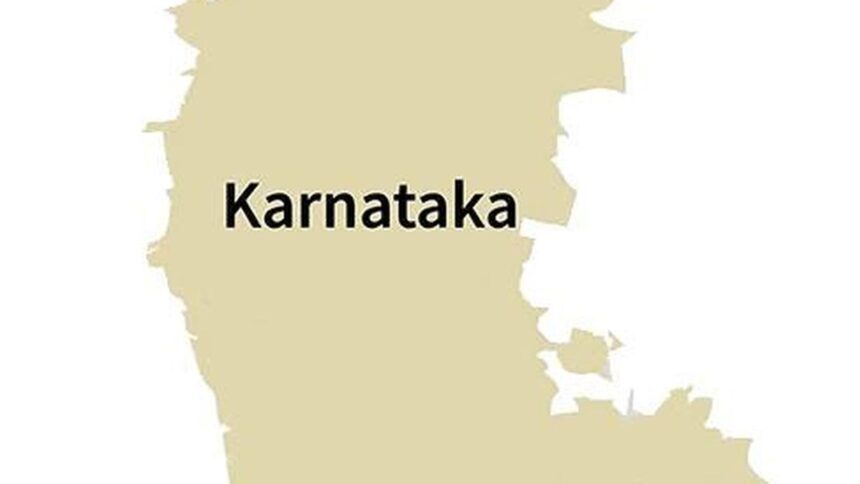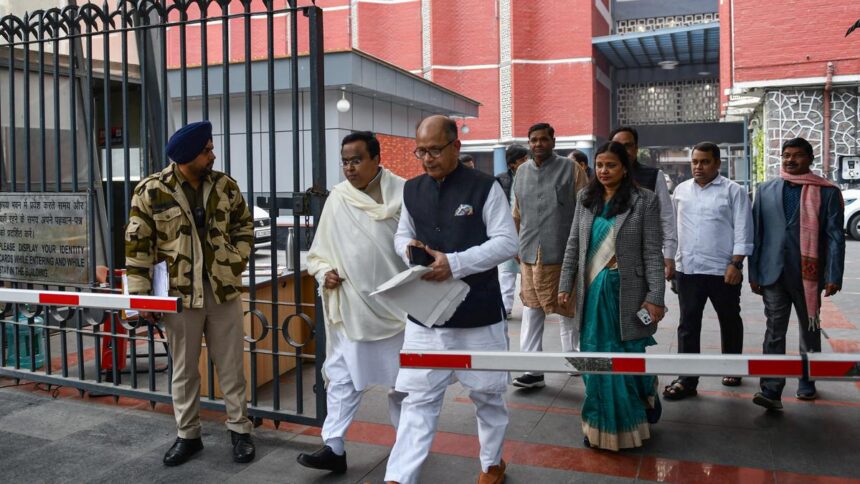
Participants of a four-week-long training programme in ‘Sericulture and Silk Industry’ at CSRTI in Mysuru on Wednesday.
| Photo Credit: M.A. SRIRAM
A four-week-long training programme in ‘Sericulture and Silk Industry’ for a total of 30 trainees from eight different countries was inaugurated at the Central Sericulture Research and Training Institute (CSRTI) in Mysuru on Wednesday.
Inaugurating the training programme taken up under the Indian Technical and Economic Cooperation (ITEC) programme of the Ministry of External Affairs, Government of India, Director (Technical) of Central Silk Board (CSB), Bengaluru, S. Manthira Moorthy said more than two lakh foreign nationals had been trained by the Centre’s agencies across various sectors since its inception in 1964.
The ensuing ITEC programme is the seventh international training course on sericulture and silk industry organised by CSRTI in Mysuru and jointly coordinated by CSB and the International Sericulture Commission.
The participants in the training programme hail from Cuba, Egypt, Ethiopia, Ghana, Phillipines, Tanzania, Thailand, and Uganda.
Mr. Moorthy expressed hope that the training programme would equip the participants with not only technical expertise and practical field exposure of sericulture, but also provide insights into India’s cultural heritage, enabling them to return to their countries with a rich repository of knowledge.
Director of CSRTI P. Deepa, in her welcome address, outlined the institute’s pivotal role in nurturing global sericulture development. She emphasised that CSB-CSRTI Mysuru, with its six-decade dedicated research, extension, and training, has emerged as a premier centre for tropical sericulture, serving not only the Indian silk industry, but also providing technical support to several developing countries.
Ms. Deepa also highlighted some of the major achievements of CSRTI, including the development of high-yielding mulberry varities, productive silkworm breeds, hybrids tailored to tropical conditions, and a wide range of innovative rearing technologies. “These advancements have significantly contributed to improving productivity, profitability, and sustainability in sericulture,” she said.
“The ITEC training programme will comprehensively cover sericulture technologies through interactive classroom sessions, practical demonstrations, and hands-on training modules. To complement theoretical knowledge, participants would be taken on field visits to observe practices at farmers’ fields, cocoon markets, basic seed farms, chawki rearing centres, and allied institutions such as the Central Silk Technology Research Institute in Bengaluru. These exposures would help the trainees gain practical insights into the dynamics of the sericulture industry from grassroots farming to post-cocoon processing, and silk production,” Ms. Deepa added.
She expressed confidence that the skills, insights, and confidence gained by the trainees during the programme will empower them to implement the knowledge effectively in their respective countries, and foster the growth of sericulture worldwide.
Padmanav Nayak, Assistant Secretary (Technical), CSB-Bengaluru, who is also the coordinator for the ITEC programme, said that the Ministry of Textiles, Government of India, had designated CSRTI, Mysuru, as a training hub to support countries in early stages of developing sericulture.
Published – September 03, 2025 09:07 pm IST














